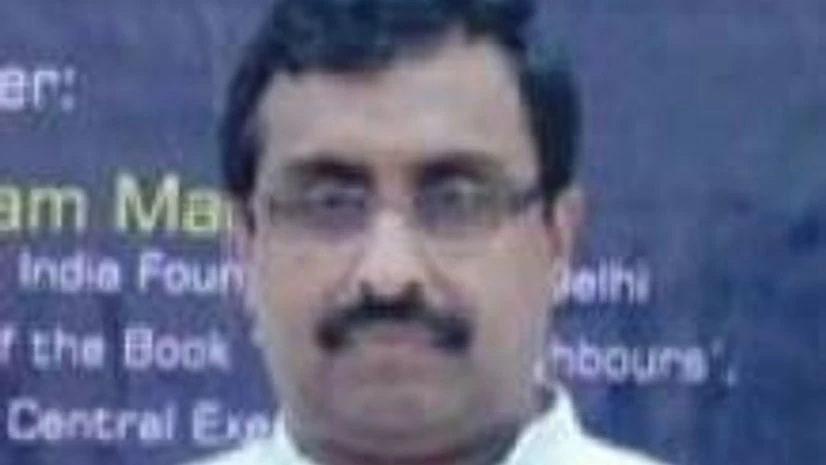The “bonhomie” and “personal equation” between Obama and Prime Minister Narendra Modi was responsible for the “positive” turn that India–US relations had taken of late, he said.
Madhav urged the US to extend defence cooperation to not only armaments but technology transfer. “After all, it’s doing this with China and Pakistan as well,” he said.
He was speaking at ‘India-US Dialogues’, organised by the Observer Research Foundation (ORF) and Network18.
The Americans would see mutual benefit if there was greater cooperation on the economic and business front, on defence feeding into the PM’s ‘Make in India’ campaign, on sharing of intelligence on countering of terrorism and on the “contentious” issue of climate change, he said.
As for the positions taken on the nuclear deal for so long, Madhav said “pragmatism” was needed on both sides.
In the subsequent panel discussion on ‘Regional security challenges’, Ashok Malik of ORF stated the ‘Islamist challenge’ had, with the emergence of Islamic State, led to a greater congruence of views. Ronak Desai from Harvard University said Washington’s view had evolved and its perception was that the “Modi government was more realistic than the previous regime”.
Rick Rossow from the Center for Strategic and International Studies said the “next level” of this relationship would logically be “unfettered access” to technology of both.
C Raja Mohan of ORF said: “While the earlier government hesitated in going forward, the Modi regime is willing to. He has liberalised foreign direct investment in defence to 49 per cent, brought in the private sector and sent a positive signal to the Americans.”

)
